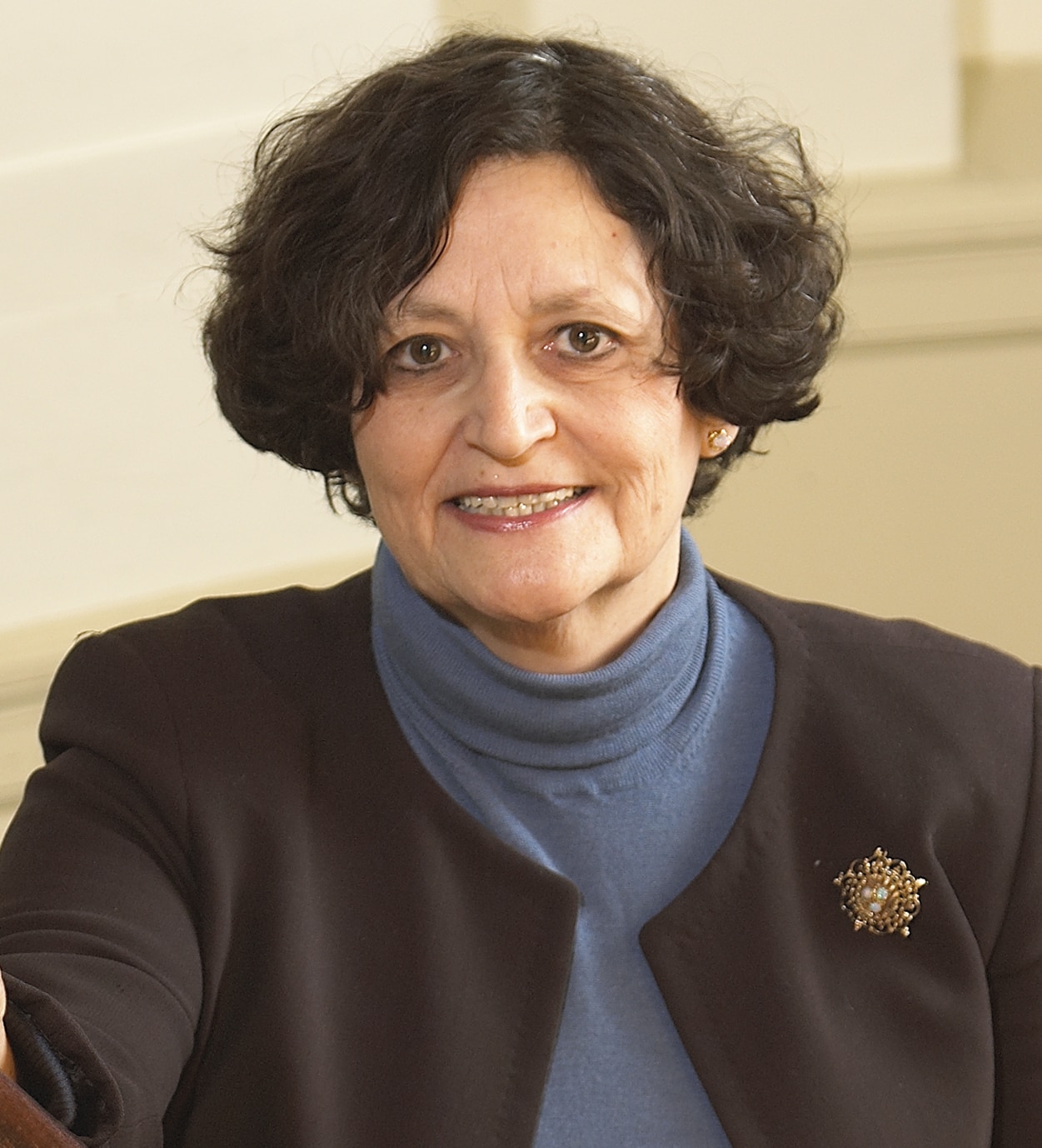Rochelle C. Dreyfuss
NYU School of Law

Rochelle C. Dreyfuss is the Pauline Newman Professor of Law Emerita and Co-Director of the Engelberg Center on Innovation Law and Policy at NYU School of Law. She teaches and writes about Patent and Trademark Law, Intellectual Property Crimes, International Intellectual Property Law, Civil Procedure, and Science and Law. She is a member of the American Law Institute; she served as a Co-Reporter for its Project on Intellectual Property: Principles Governing Jurisdiction, Choice of Law, and Judgments in Transnational Disputes and as an Adviser on its Restatement Third of Conflicts of Law. She also served as an expert for the report of the UN Special Rapporteur on cultural rights regarding patent policy and the right to science and culture. She has testified in Congress on patent law, was a consultant to the Federal Courts Study Committee, to the Presidential Commission on Catastrophic Nuclear Accidents, and to the Federal Trade Commission. She served on the National Academy of Sciences’ Committees on Intellectual Property in Genomic and Protein Research and Innovation, on Intellectual Property Rights in the Knowledge-Based Economy, and on Science, Technology, and Law. She was a member of the Secretary of the Department of Health & Human Services’ Advisory Committee on Genetics, Health, and Society, and BNA’s Advisory Board to USPQ. She is a past chair of the Intellectual Property Committee of the American Association of Law Schools. Among other work, she has written several articles on specialized litigation and the private international law of intellectual property. She co-authored (with Graeme Dinwoodie) A Neofederalist Vision of Trips: Buildling a Resilient International Intellectual Property System (Oxford University Press 2012).
More Thoughts on the Seventh Circuit’s Motorola Decision
Like Tim Holbrook, we found the Seventh Circuit’s decision in Motorola Solutions, Inc. v. Hytera Communications Corp. Ltd. provocative. Motorola expands the reach of the Defend Trade Secrecy Act (DTSA) in ways that strike us as inconsistent with the Supreme Court’s concerns about extraterritorial application of U.S. law, particularly in the context of intellectual property…
Continue ReadingWhat is a “Domestic Application” of the Lanham Act? The Supreme Court Creates More Questions than It Answers
In Abitron Austria Gmbh v. Hetronic International, Inc., the Supreme Court appears to have returned to its recent preference for bright-line rules in cases assessing the extraterritoriality of federal statutes, but the brightness of this rule will dim as other fact patterns are considered.
Continue Reading